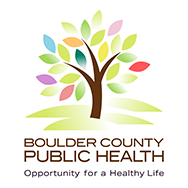Pasteurization Protects Against Disease
The role of raw milk and other unpasteurized dairy products in the transmission of infectious diseases is well documented. Over 100 years ago, raw milk was recognized as a source of severe infections, and pasteurization of milk to prevent these infections is one of the public health triumphs of the 20th century.
Raw Milk Can Carry Pathogens
- Escherichia coli O157 (E. coli)
- Campylobacter jejuni
- Salmonella bacteria
These pathogens can contaminate milk during the milking process because they are shed in the feces of healthy-looking dairy animals, including cows and goats. Infection with these pathogens can result in severe, long-term consequences, such as kidney failure, and paralysis. These infections are particularly serious in those who are very young, very old, or who have impaired immune systems. They can even be fatal.



